Daniel’s work centres on inflammatory diseases, and he leads the Experimental Neuropathology Laboratory in Pharmacology at the University of Oxford. The principal focus is on inflammation in the central nervous system and the search for biomarkers for the early detection of disease using NMR, MRI and PET. However, the lab also has a strong interest on the relationship between cytokine expression and neuropsychiatric disease and the role of extracellular vesicles in inflammation signalling.
Chemical Solutions for Biological Challenges | csbc2024
Speakers

Professor
Daniel C. Anthony
Decoding Disease: Metabolomic Pathways and Biomarkers in Human and Animal Models for Advanced Diagnostic and Prognostic Solutions
University of Oxford, UK
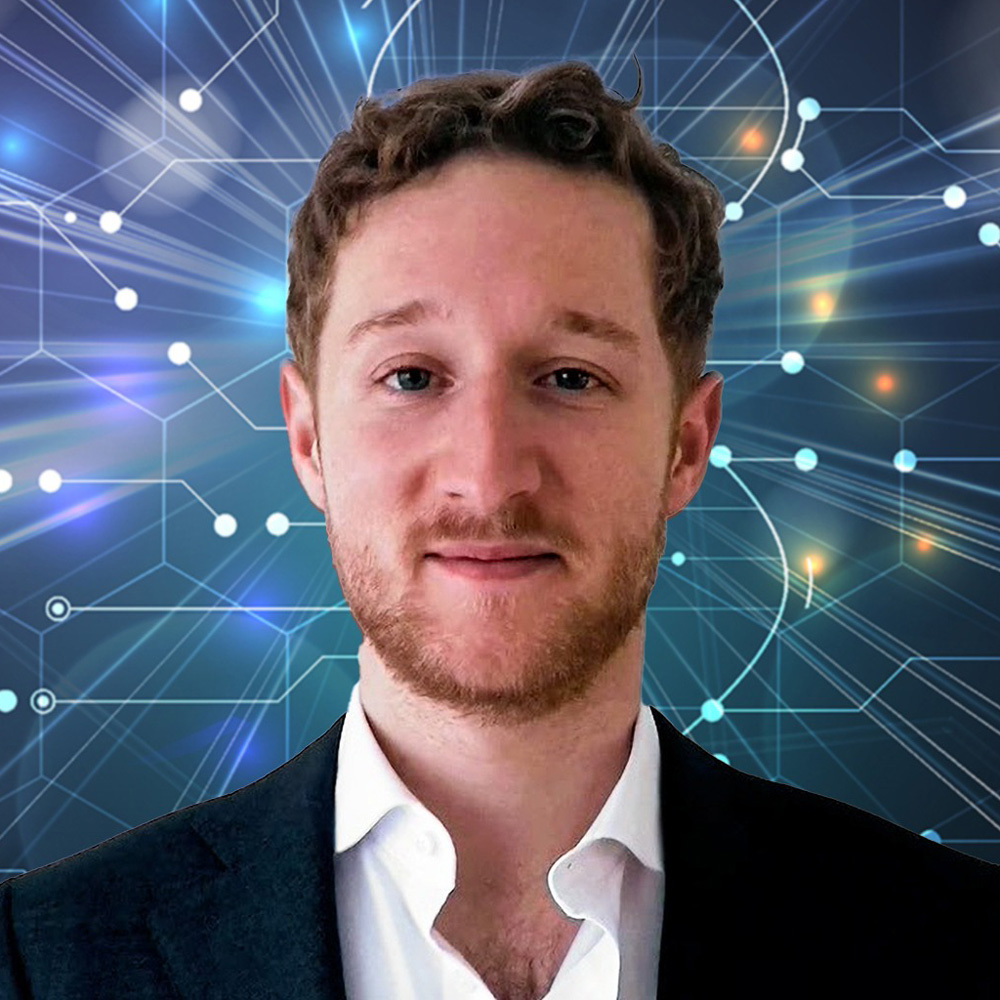
Assistant Professor
Patrick Bryant
Towards a universal framework for structure prediction and design of molecular interactions
Stockholm University / SciLifeLab, Sweden
View bio
Patrick studied medical biotechnology at KTH and worked as an industrial chemist and with cancer genetics at KI afterwards. He did his PhD at the Department of Biochemistry and Biophysics at Stockholm University with Arne Elofsson and continued as a postdoc at FU Berlin in Deep Learning with Frank Noé.
Patrick’s research tries to answer questions about the evolution of proteins and how this information can be used to create a new range of AI tools. The tools he has developed make it possible to predict the structure of proteins and their interaction partners and to design new molecules that bind to proteins. He is now extending and applying these tools to help find potential cures to diseases and improve diagnostics.
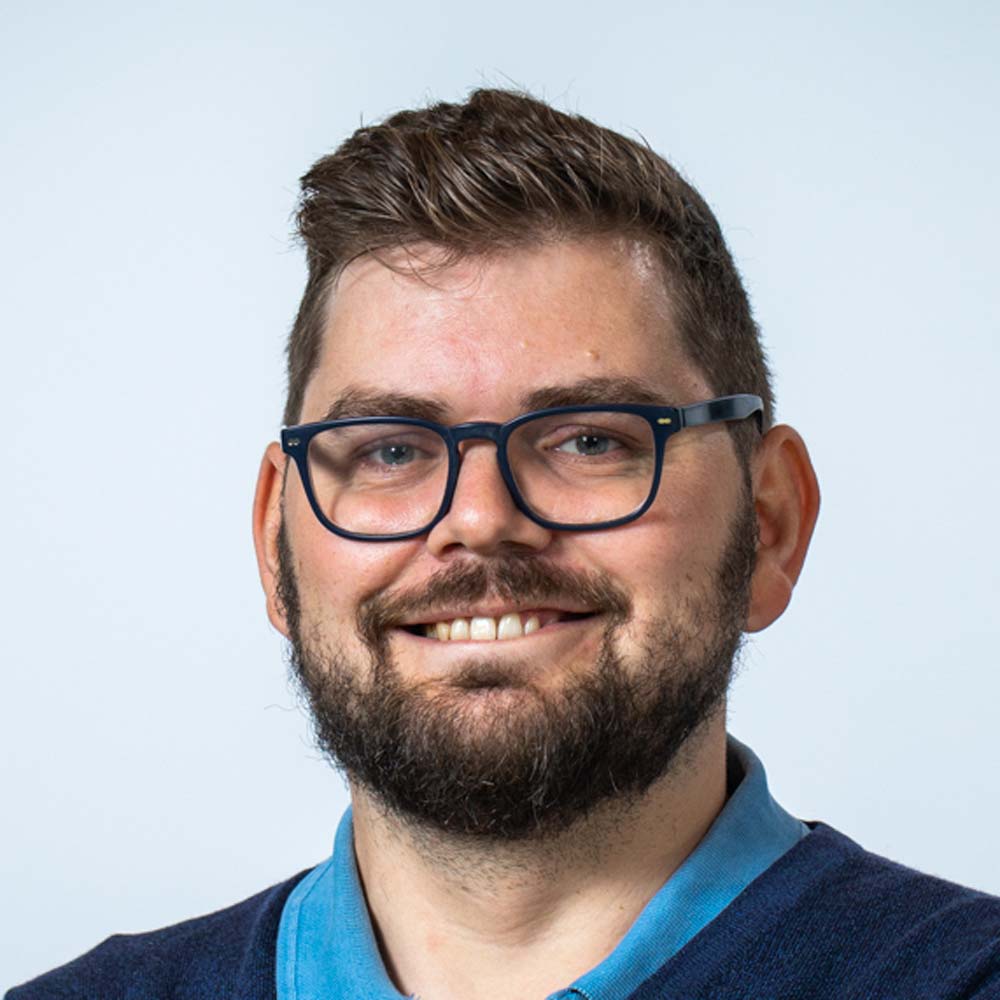
Dr
Samuel Genheden
Paradigm shift in synthesis planning: how to exploit artificial intelligence
AstraZeneca R&D, Sweden
View bio
Samuel Genheden leads the Deep Chemistry team in Discovery Sciences, AstraZeneca R&D. He received his PhD in theoretical chemistry from Lund University in 2012, having studied computational methods to estimate ligand-binding affinities. He continued with postdocs at the Universities of Southampton and Gothenburg, where he simulated membrane phenomena using multiscale approaches. He joined the Molecular AI department at AstraZeneca in 2020 and became team leader in 2022. The team’s research focuses on the AiZynth platform for AI-assisted retrosynthesis planning. Samuel’s interests lie in studying chemical and biological systems with computers and using these approaches to impact drug development. He is a keen advocate for open-source software.
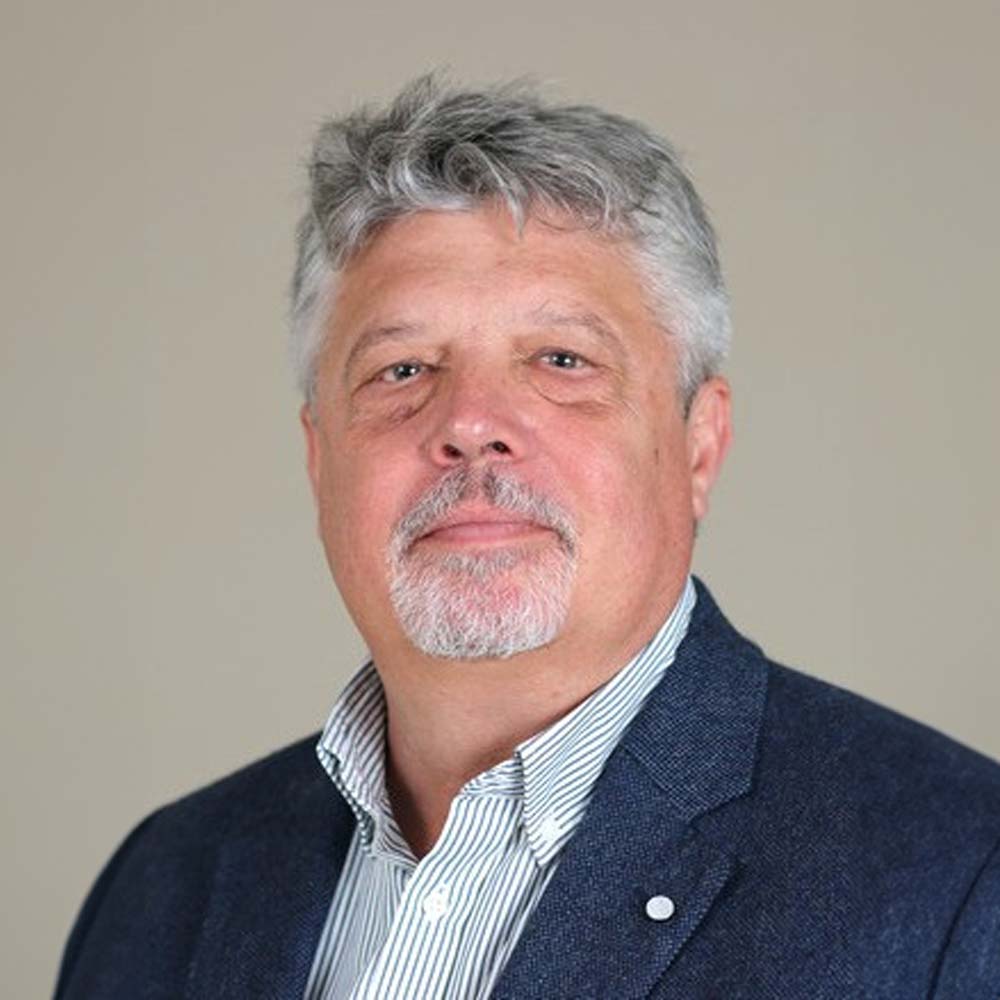
Professor
Jesús Jiménez-Barbero
Breaking the limits in understanding glycan recognition by NMR
Chemical Glycobiology Laboratory, CIC bioGUNE, Spain
View bio
Jesús Jiménez-Barbero is Ikerbasque Research Professor and Scientific Director of CIC bioGUNE since 2014. He received his PhD in 1987. He later spent pre- and post-doc stages (1988-1992) at CERMAV-CNRS; Univ Zurich; National Institute for Medical Research, and Carnegie Mellon. Before moving to CIC bioGUNE where he has led its recognition as Severo Ochoa Center of Excellence in 2017 and 2022, he was CSIC Research Professor at CIB-CSIC (2002-14). Previously, he was CSIC tenured (1992-96) and senior scientist (1996-2002), and Visiting Professor at École Normale Supérieure (2004), Sorbonne (2009), Milano Bicocca (2009-12), and now at the University Basque Country since 2016.
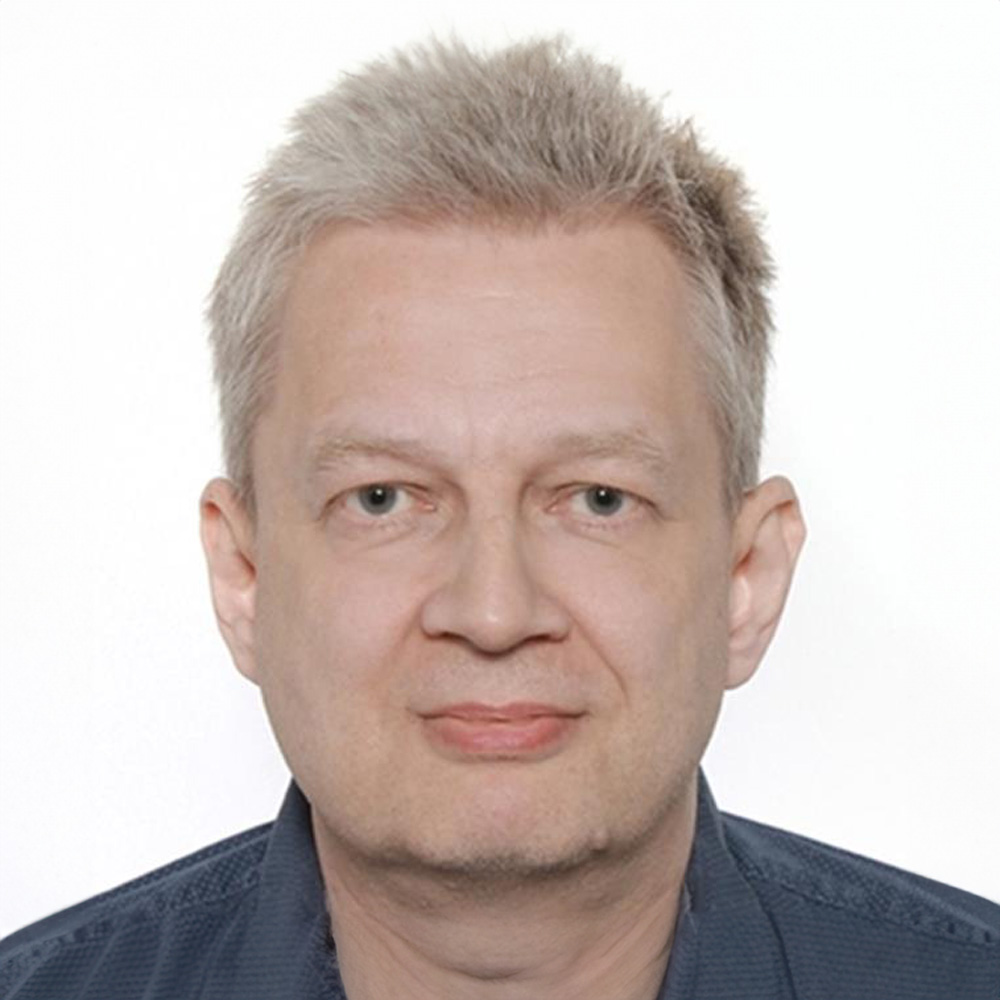
Dr
Mika Jokinen
Injectable silica for sustained release of therapeutic biologicals
DelSiTech Oy, Finland
View bio
Mika Jokinen is Chief Scientific Officer of DelSiTech Ltd. He holds a doctoral degree in Chemical Engineering (focus area in the doctoral thesis was development and processing of sol-gel derived bioceramics). He also holds the position of Adjunct Professor (Docent) in Medical Biomaterials in Åbo Akademi University (Turku, Finland) since 2003. He has 30 years of research experience in the development of different types of medical biomaterials in universities and companies. Recently his research has focused on development of long-acting silica-based injectable materials for parenteral controlled delivery of drugs, e.g., small molecules, peptides, proteins, RNA, antisense nucleotides, and vaccine antigens.
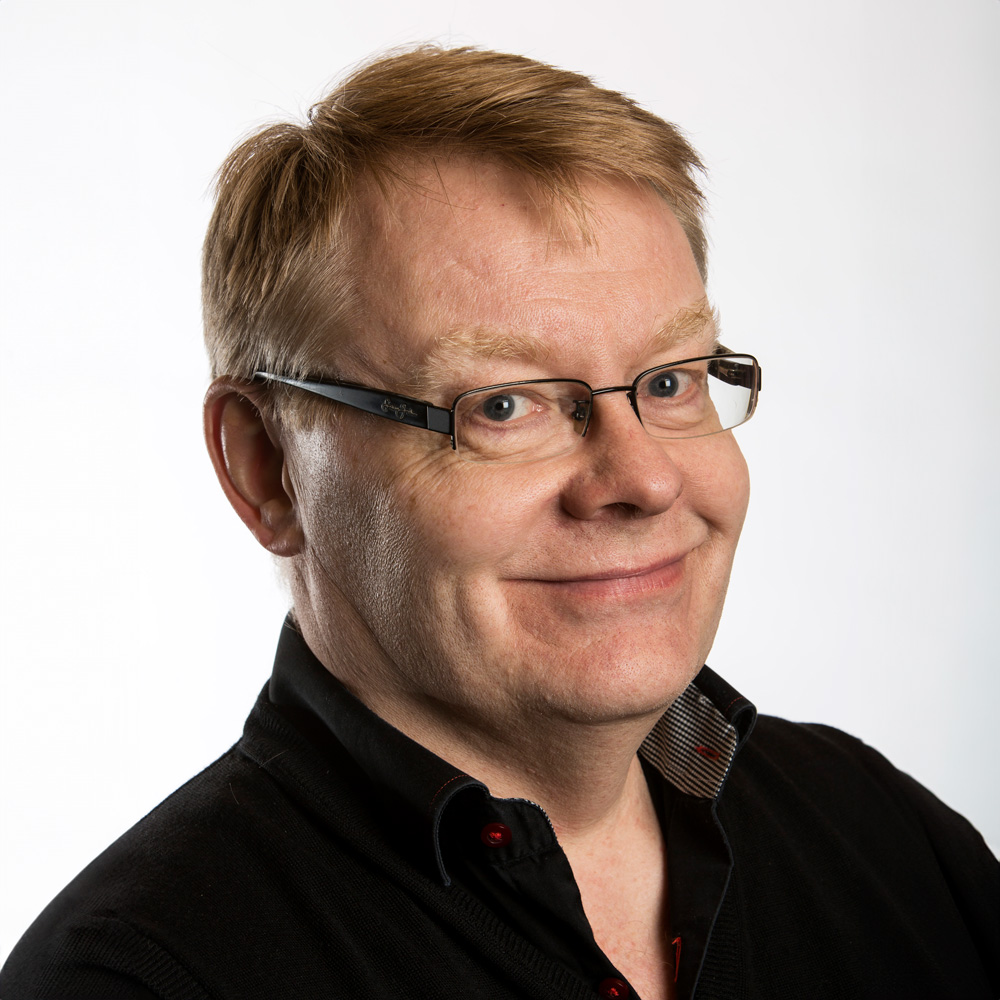
Professor
Tomas Larsson
The supramolecular structure of cellulose I according to CP/MAS 13C-NMR
RISE AB, Sweden
View bio
(Per) Tomas Larsson is currently working as principal scientist at RISE and since 2017 adjunct Professor at KTH, the Royal Institute of Technology in Stockholm. Larsson earned his PhD in 1994 in Physical chemistry at Stockholm University and became associate professor (Docent) at KTH in 2005. Dr Larsson has more than 9000 citations (h-index 46) and was 2017 awarded the Ekman Medallion by SPCI for his NMR work on cellulose.

Professor
Peter Wipf
Small Molecule Antagonists of the Nuclear Androgen Receptor for the Treatment of Castration-Resistant Prostate Cancer
University of Pittsburgh, USA; University of Eastern Finland, Finland
View bio
Peter Wipf received his Ph.D. in Chemistry from the University of Zürich. He joined the laboratory of Prof. R. E. Ireland at the University of Virginia as a Swiss NSF postdoctoral fellow, and, in 1990, he moved to the University of Pittsburgh, where he holds the rank of Distinguished University Professor and co-Leader of the Cancer Therapeutics Program. He is currently also a visiting Professor at UEF in Kuopio. His group works in natural products total synthesis and also pursues a diverse range of projects in medicinal and heterocyclic chemistry. He has co-authored over 700 journal articles, books and patents.
